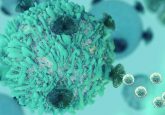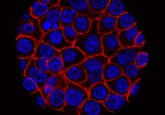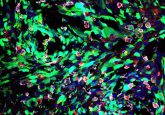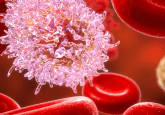Researchers synthesize anti-cancer agent in ‘landmark discovery’
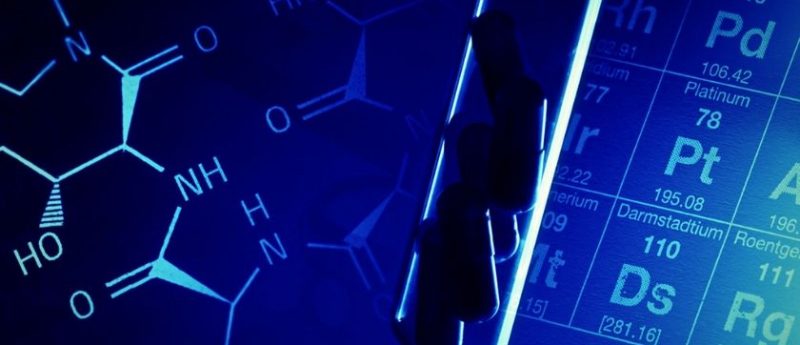
In a landmark discovery, researchers from Harvard University (MA, USA) have synthesized sufficient quantities of halichondrin, an anti-cancer agent found in sea sponges, for the study of its biological activity, pharmacological properties and efficacy.
Halichondrin has been proven to be a potent anti-cancer agent in mouse studies. Though it occurs naturally in sea sponges, it can only be found in tiny quantities. For 3 decades, Harvard University (MA, USA) chemists have been working to synthesize a meaningful amount a halichondrin class molecule in the lab, however this has been a difficult feat due to its complex structure.
Published in Scientific Reports, the team, led by Yoshito Kishi (Morris Loeb Professor of Chemistry, Emeritus, at Harvard), and in collaboration with researchers at Eisai (Tokyo, Japan), have for the first time synthesized substantial quantities of E7130, the drug candidate from the halichondrin class. This will allow them to perform detailed studies on its biological activity, pharmacological properties and efficacy.
“It’s a really unprecedented achievement of total synthesis, a special one,” commented Takashi Owa, Chief Medicine Creation Officer and Chief Discovery Officer for Eisai’s oncology business group, and a coauthor of the paper, “No one has been able to produce halichondrins on a 10 g scale — 1 mg, that’s it. They have completed a remarkable total synthesis, enabling us to initiate a clinical trial of E7130.”
“No one has been able to produce halichondrins on a 10 g scale — 1 mg, that’s it. They have completed a remarkable total synthesis, enabling us to initiate a clinical trial of E7130.”

